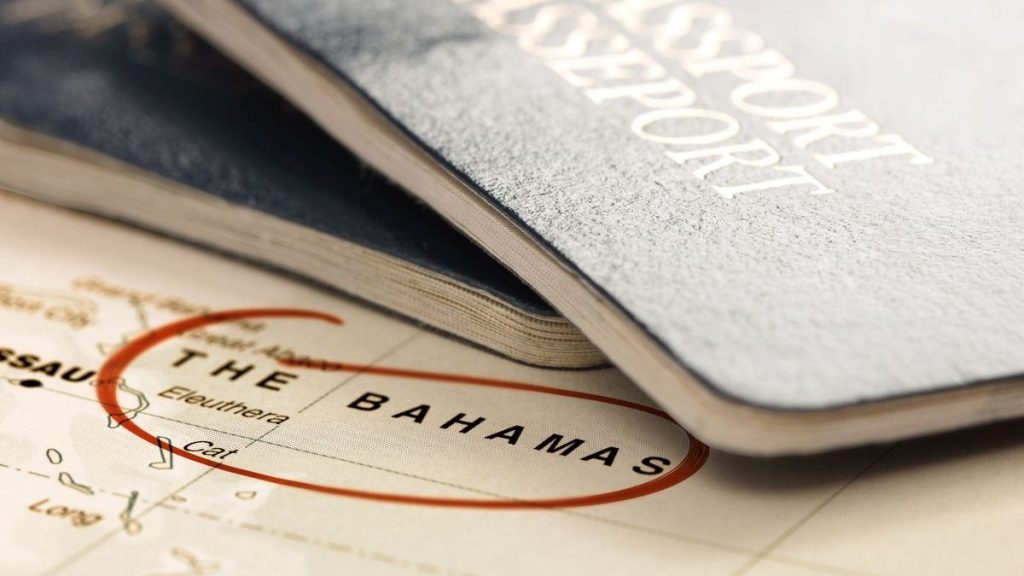In a world where every penny of public spending is scrutinized, a significant increase in the travel budget of the Bahamas Prime Minister's Office has sparked a heated debate. The Office of the Prime Minister (OPM) finds itself at the center of controversy as its travel budget soars to $2.1 million from a modest $569,721. The question on everyone's mind: is this a necessary expense in pursuit of national interests, or an extravagance that the country can ill afford?
The case for increased diplomacy
During a recent press briefing, Latrae Rahming, OPM communications director, stood firm in the face of criticism. Rahming defended the prime minister's frequent flyer miles as a strategic measure, aligned with the government's foreign policy objectives. “The presence of the Prime Minister is required during specific meetings”, Rahming argued, citing high-level engagements such as those with CARICOM and the COP as non-negotiable. Attention was focused on a recent trip to Africa, described as crucial for the expansion of diplomatic relations with African countries. Rahming's message was clear: these trips are not a luxury but a necessity to carve out the Bahamas' place on the international stage.
Public and opposition reaction
Despite OPM's justifications, public opinion remains divided. Critics, including opposition voices, have raised eyebrows at the sharp increase in the travel budget. The jump to $2.1 million was met with skepticism, particularly in light of the country's current economic challenges. The opposition has questioned the tangible benefits of such extensive travel, suggesting the funds could be better used to solve national problems. The debate rages: is the cost of these diplomatic efforts outweighed by their benefits for the nation?
Looking to the future: accountability and transparency
The controversy surrounding the prime minister's travel budget highlights a broader call for accountability and transparency in government spending. As OPM defends its budget allocation, public demand for clear, measurable results from these international commitments is growing. The Bahamas finds itself at a crossroads between the need for global diplomacy and the imperative of fiscal responsibility. The coming months will be telling, as the government seeks to justify its spending in the face of growing scrutiny and calls for more judicious use of public funds.
Ultimately, the debate over the prime minister's travel budget is about more than just numbers. This reflects the broader challenges facing governments around the world: how to manage the complex demands of international relations while ensuring that taxpayers' money is used wisely. As the Bahamas moves forward, the effectiveness of its foreign policy – and the justification for its costs – will remain under scrutiny.


